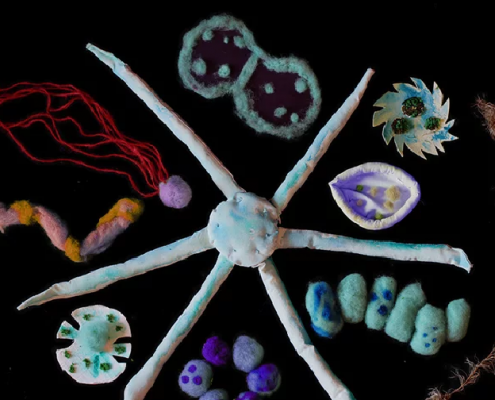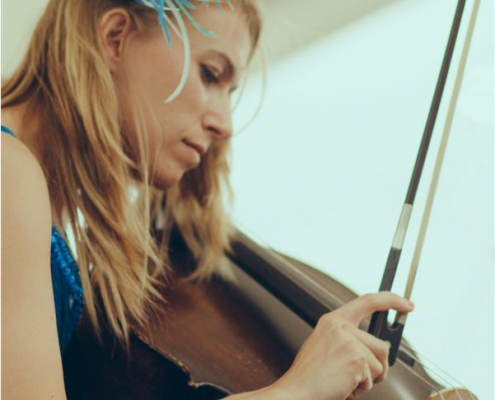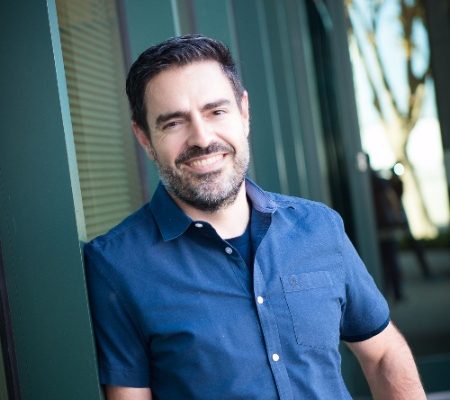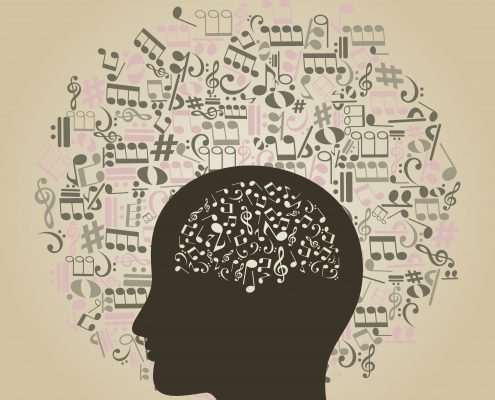
The song of plankton – “visualizing” big data as music
Is there a melody in a lake? How about a song in plankton diversity? Swiss biologist and musician Simone Fontana transformed a plankton dataset from Lake Greifensee into intriguing musical imagery – with different instruments assigned to…

Lina Eklund: “Many conferences don’t offer time for informal interaction.”
Think about your last academic conference. Can you honestly say that it was worth all the trouble, time and money? Lina Eklund, physical geographer from Lund university, takes a critical look at a meeting culture in strong need of new ideas.
The…

Making math and quantum physics fun with Chris Ferrie
Chris Ferrie, a physicist from Sydney, believes that parents and children may learn that quantum physics and mathematics “can be fun.” Therefore he decided to create the For Babies Series of children’s books.
We had a chat with Dr.…

Agata Kurzyk: The hypothetical existence of multiple universes as a musical inspiration
For Agata Kurzyk, a stem cell researcher from Warsaw, combining music and science is all about problem-solving. "Learning how to solve an unconventional problem teaches you to have patience and a humble approach", she says.
Cześć, Agata!…

Agile Science #3: Xavier came up with Agile Research a decade ago
As described earlier here in this blog series, science has been very slow to respond to Lean and Agile. However, the earliest signs of a science person doing an intellectual exploration of Agile goes back almost ten years.
When I first…

Michela Vignoli, heavy metal singer & scientist: “I experience science and music as two complementary worlds”
According to Michela Vignoli, music and science relate naturally through our human nature as curios and creative beings. “Music can be understood as something utterly exact and analytical; however, I prefer to apprehend music as an emotional…

How can a scientist benefit from doing music on the side?
The worlds of science and music interconnect at many levels. It can be about the physical principles that make instruments able to produce a melody or a rhythm. Or it can be about complex neurophysiological theories on why we need music in…

